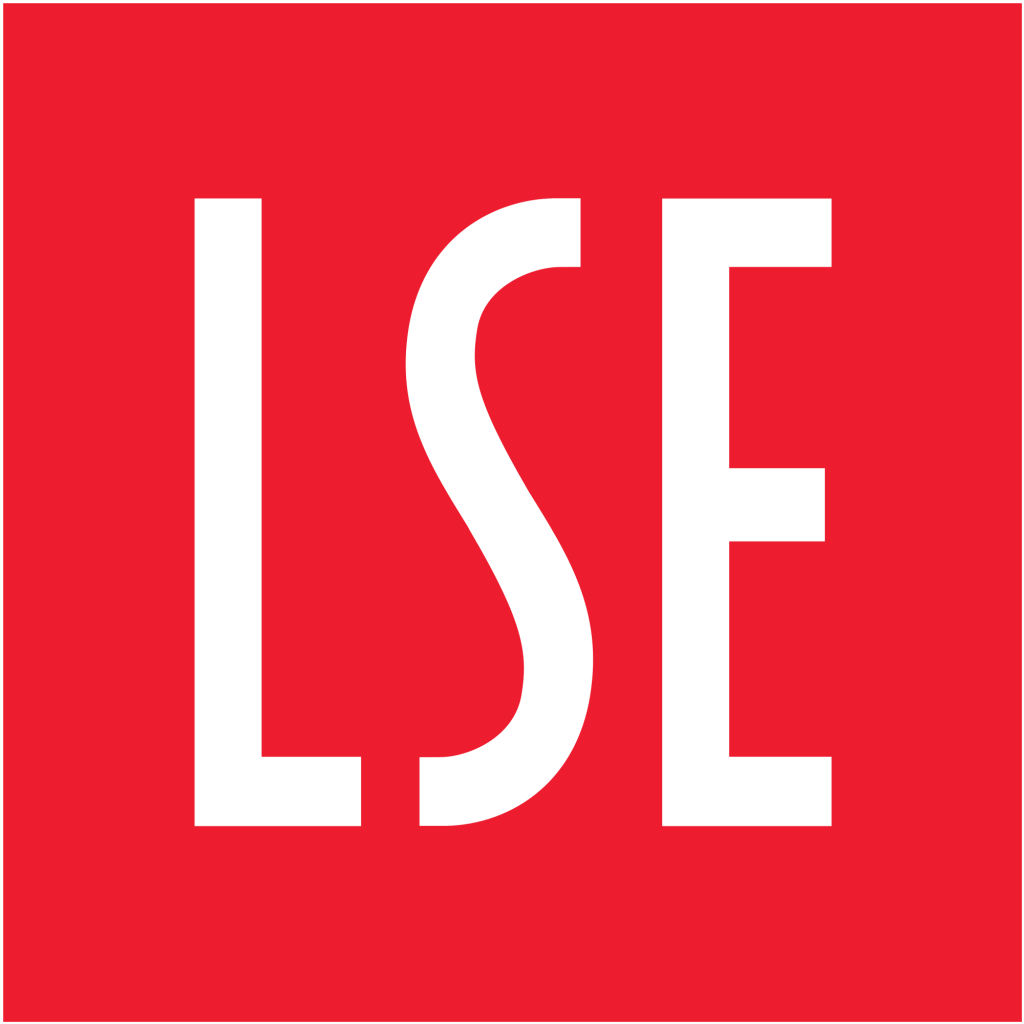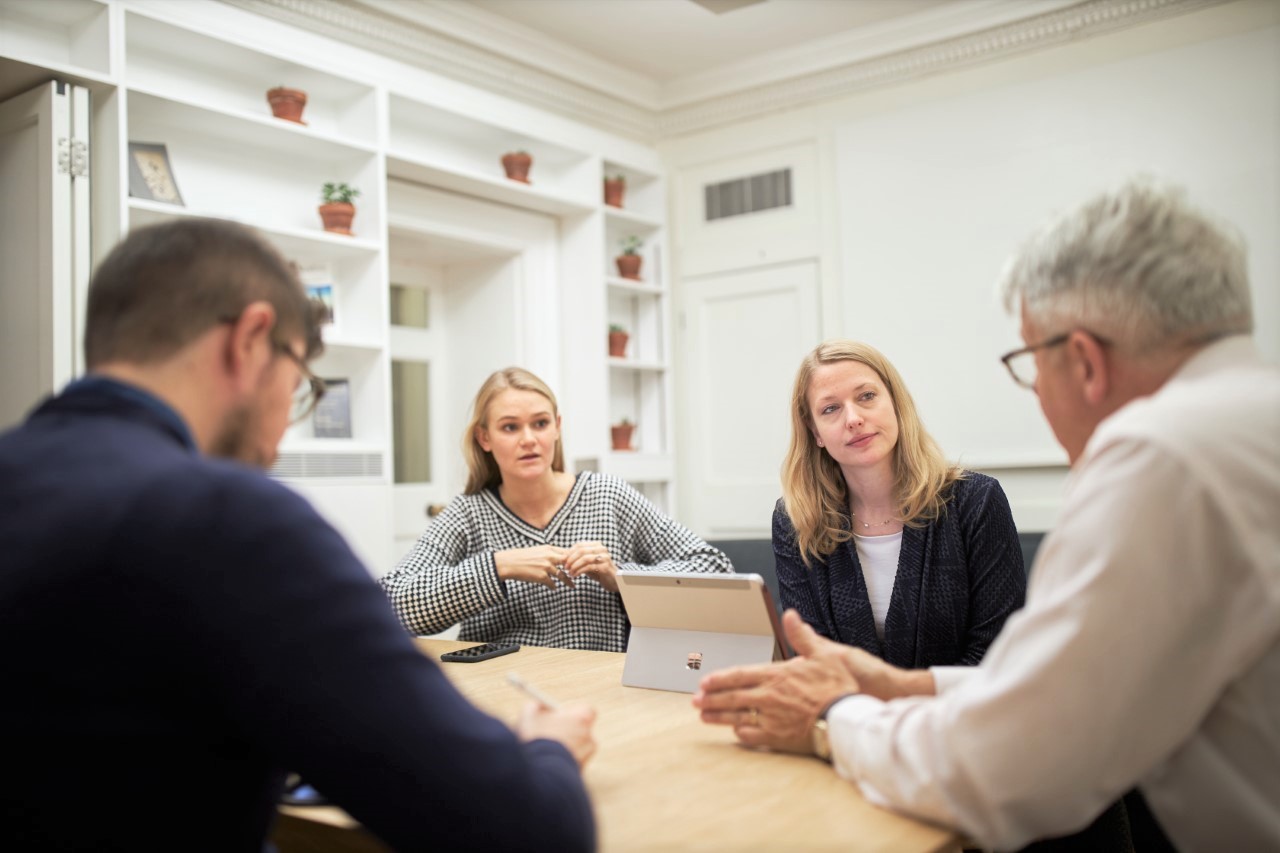For seven months, our team of five MPA and MPP students were Causa Capital. This was in preparation for the 2020 global MIINT (short for MBA Impact Investing Network & Training) investment competition, in which we had the honour of representing the LSE. Run by Wharton Business School in association with Bridges Ventures, each MBA, or in our case public administration and policy program, team got the opportunity to pitch a social impact start-up to a panel of angel investors for a potential investment of US$50,000-100,000.
Not only did we have to come up with a sound impact investment thesis, linked to Sustainable Development Goals, but we also had to find a for-profit start-up that would contribute to solving a major health, clean energy or social inclusion obstacle. More specifically, our chosen company had to be at the pre-seed or seed funding stage, looking to raise between US$250,000 – US$1.5m in total, fundraising in Q1/Q2 2020, and have a lead investor (i.e. a liquid, committed professional or institution) already in place.
As members of the SPP, we may have had an edge when it came to identifying entrepreneurs’ genuine pro-social motivation. But when it came to the nitty-gritty of proving to investors that a company would yield financial returns in ‘lock step’ with achievable social impact, we had a lot of learning to do. We pushed ourselves, from sourcing tips and tricks, to conducting due diligence on everything from a range of venture capital and impact valuation methodologies, to the crafting of investment memos and early-stage investor pitch decks. We were lucky to be getting a comprehensive curriculum provided by Wharton, and so much more. We received incredible hands-on coaching by the academics and practitioners-in-residence at the LSE’s own Marshall Institute, one of the UK’s leading clusters of experts on effective private action for public benefit, which covers innovations in social business and charity. And we encountered amazing support throughout the process from LSE alumni and their connections in the VC and accelerator space.
Our real-time MIINT journey encompassed seven months, during which we got to know a handful of start-ups and experience their highs and lows first hand. Navigating the uncertainty of evolving business models, the meticulous demands of fundraising and finally the impact of the COVID-19 global pandemic, took ‘experiential learning’ to a new level.
Our newly acquired technical expertise aside, MIINT highlighted three key learnings for us:
- Don’t be afraid to use your common sense: More often than not, the most obvious questions are the most important ones. Closely related is the need to have an ‘elevator pitch’, which MIINT made us practice a lot. Capturing why something is a good idea in 30 seconds really helps to assess whether or not it is.
- Keep an open mind: Things can and do change, sometimes rather quickly. Some business models become irrelevant overnight despite starting from great ideas; a crisis that comes close to ruining most start-up models might propel others – you need to be ready to recognise and adapt to unexpected turns.
- People matter most! In addition to our brilliant mentors, we had the privilege of an amazing team with complementary skills and real team spirit. This group naturally and seamlessly stepped in for each other, particularly as the project adjusted to episodes of work crises, illness, moving deadlines and, last but not least, the changes Covid-19 brought to all of our work and study experiences. It was a joy to work with serious self-starting entrepreneurs, who tirelessly work on turning disadvantaged people into empowered customers, like the founders of our chosen start-up Tandem.
Tandem’s mission is to end transport poverty in small cities and towns left behind by transport technology innovations. You can read more about them here: https://medium.com/@zincvc/how-tandem-is-working-towards-ending-transport-poverty-e872d93b5c10.
We loved sharing a small part of their exciting journey, and are proud to have been recognised for the quality of our due diligence and pitch. We could not have delivered it without the founders working with us as generously and patiently as they did. And while we unfortunately were not able to win Tandem this contribution to their fund-raising in the end, we cannot wait to read about their success in the future!



